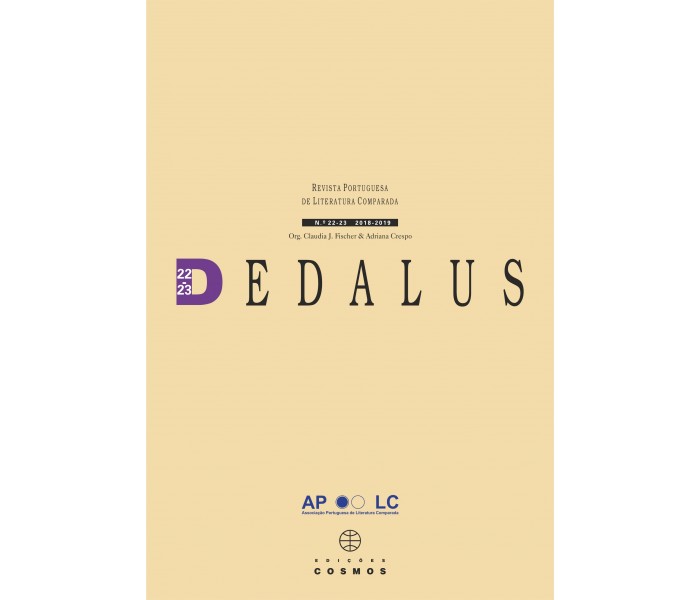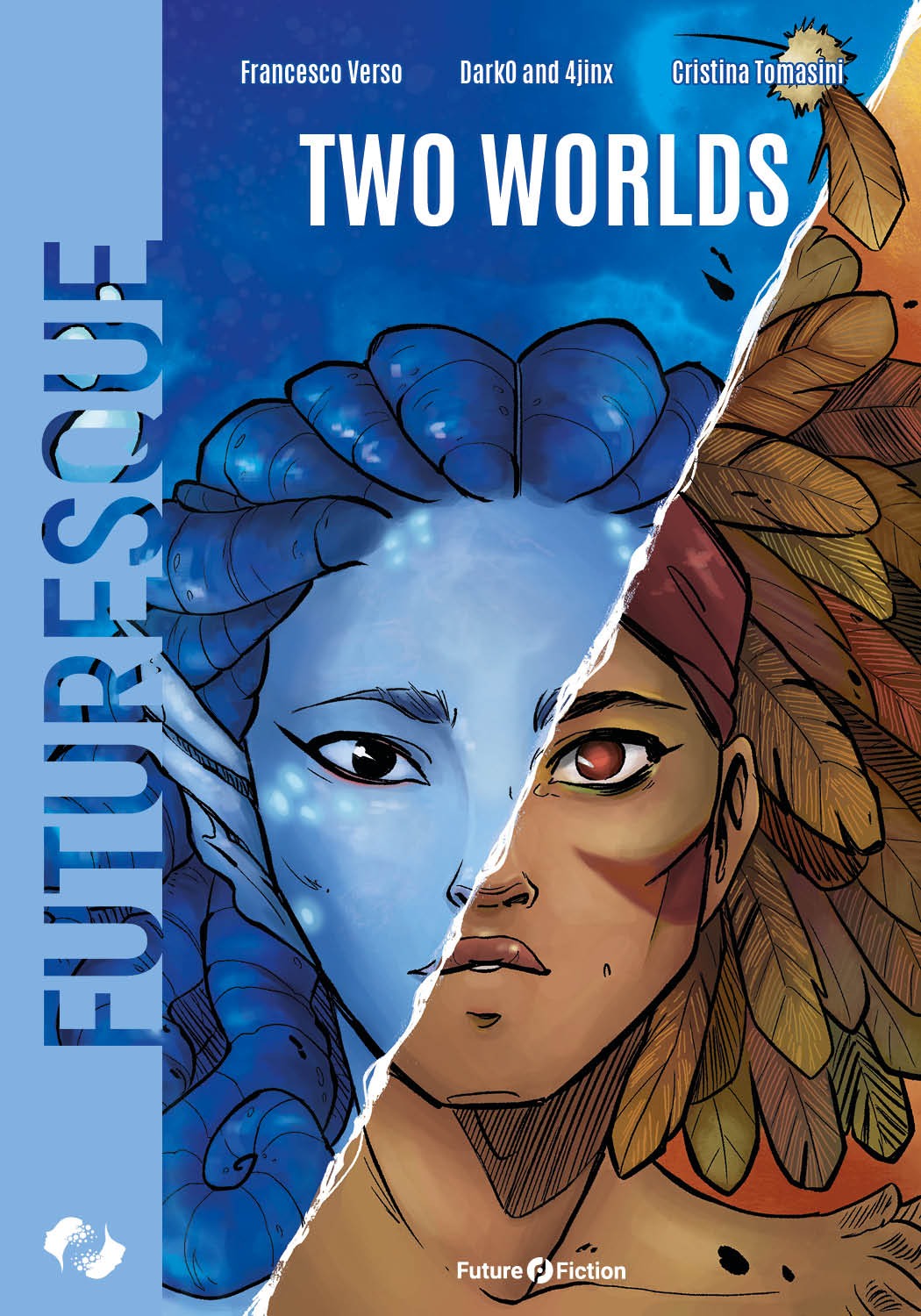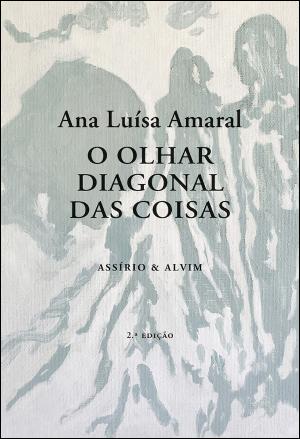

ARTICLES
Representing Life, Resisting Power: a Comparative Approach to Contemporary Biopolitics Through the Lenses of Gonçalo M. Tavares, Francesco Verso, Ken Macleod, and Suzanne Collins
Representing Life, Resisting Power: a Comparative Approach to Contemporary Biopolitics Through the Lenses of Gonçalo M. Tavares, Francesco Verso, Ken Macleod, and Suzanne Collins
The volumes I have mentioned of Keith Booker and Arne De Boever, together with, for instance, Insistence of the Material: Literature in the Age of Biopolitics (2014), by Christopher Breu, or Michael Mack’s How Literature Changes the Way We Think (2012), aim to do something similar – in a way, they have paved the way for this thesis. Yet, I follow a different route to reach that objective. While these volumes assemble a series of individual essays that study literary works from an isolated perspective, I believe that “zooming out” on these works, putting them in relationship with each other and assessing their recurrent scientific and technological themes or problems27, produces more fruitful results. By observing them en bloc and from a distance, it becomes clearer they illuminate each other reciprocally, bringing out both their similarities and their contrasts, thus allowing us to unveil details and layers of meaning which would have remained obscure had them been considered by themselves. We have a good example of this in the fact that the reflection about the Shoah in Jerusalem accentuates the importance of eugenic/medicalized discourses in The Hunger Games, which is usually overlooked in many analyses due to the prominent role that the media play in structuring the novels’ society. (excerpt)
ARTICLES
More ARTICLES
NEWSLETTER
Subscribe our newsletter and stay connected with us
CONTACTS
TLF.: (+351) 21 792 00 85
posthuman@fl.ul.pt
POSTHUMAN - CENTRO DE ESTUDOS COMPARATISTAS
Faculdade de Letras da Universidade de Lisboa
Alameda da Universidade
Portugal
WEBSITE GUIDE
INFORMATIONS

This work is financed by national funds through the FCT - Foundation for Science and Technology, I.P., within the scope of the project UIDB/00509/2020
Post Human® 2022 - All the rights reserved
Designed by Sites&Logos

